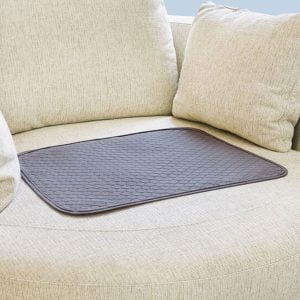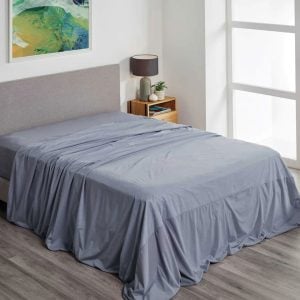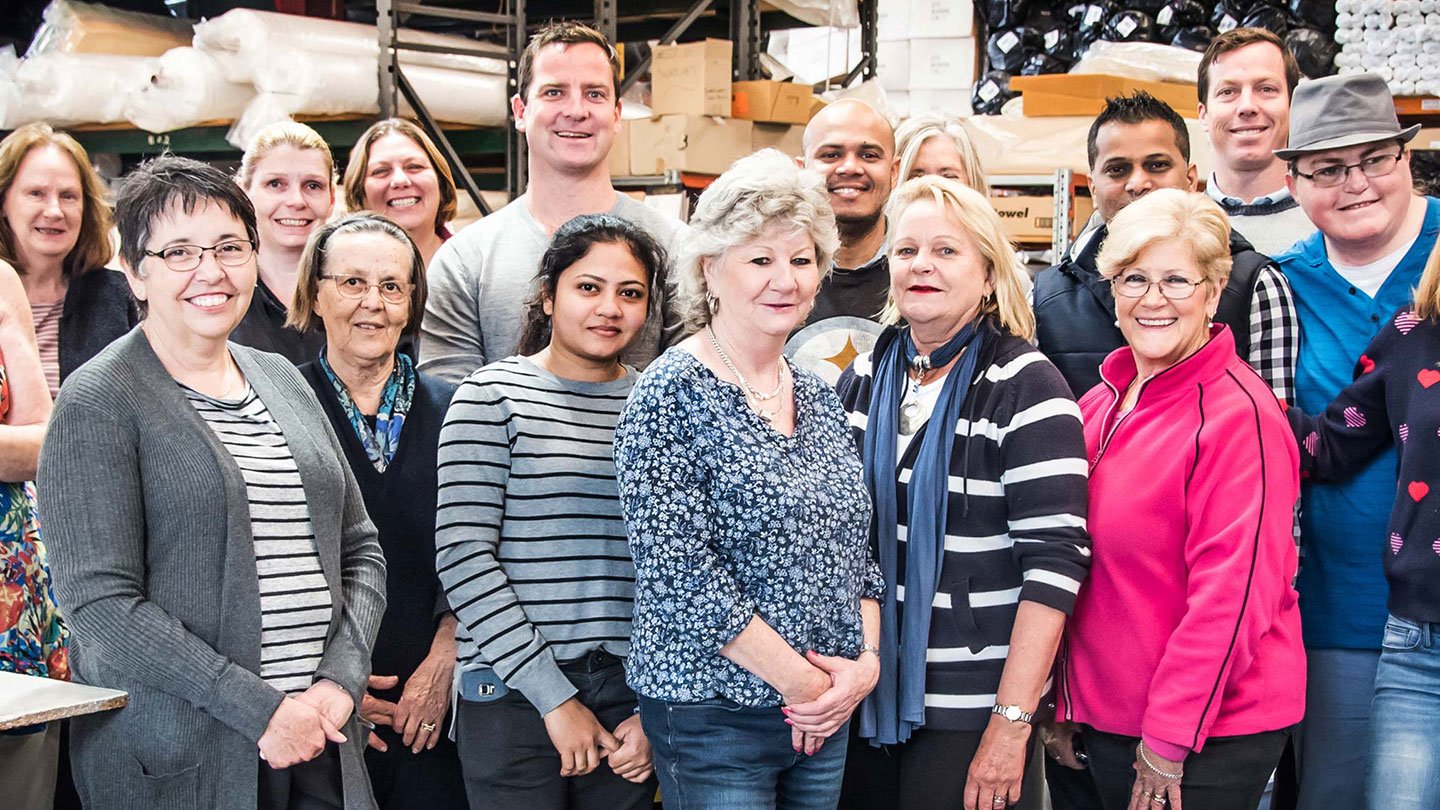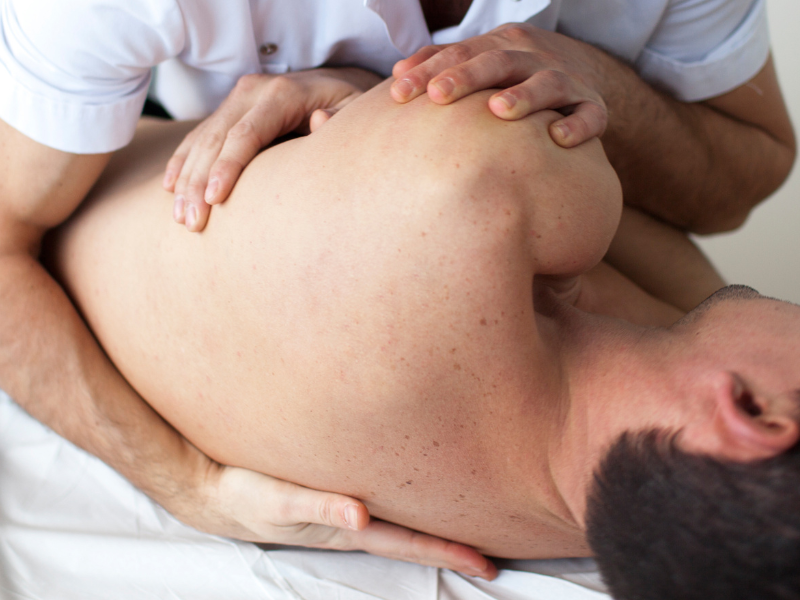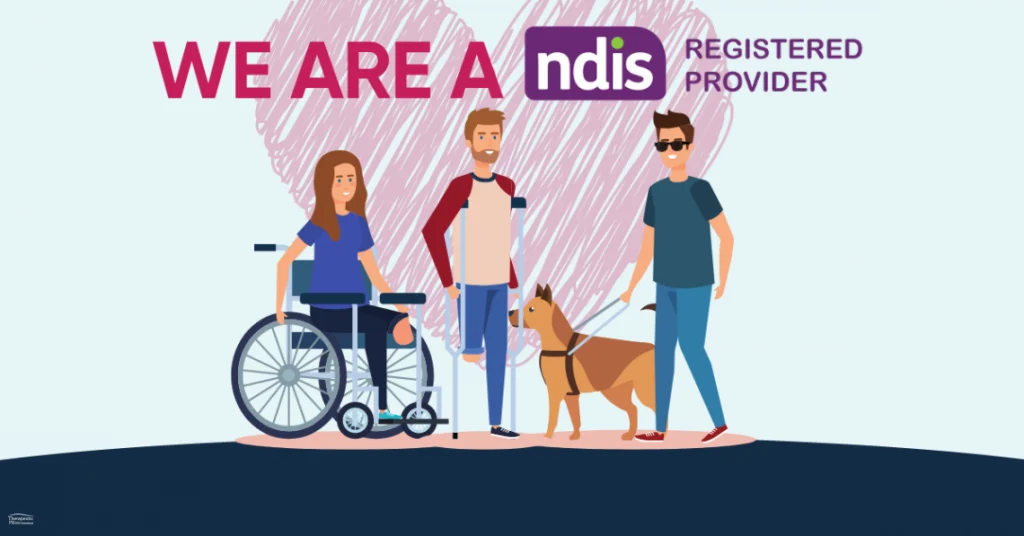Incontinence, a challenge often whispered about but rarely discussed openly, affects millions worldwide.
Urinary incontinence is a condition that does not discriminate, touching the lives of the elderly, those with disabilities, and individuals recovering from surgeries.
This guide is crafted with empathy at its core, aiming to illuminate the path for families and caregivers seeking to manage incontinence with dignity and respect. Whether you're preparing your home or an aged care centre, this comprehensive resource offers the knowledge and tools needed to navigate the complexities of incontinence.

Understanding Incontinence
The Reality of Incontinence
Incontinence, the loss of bladder or bowel control, is a symptom rather than a disease. It ranges from mild leakage to complete loss of bladder or bowel control. While it can occur at any age, the likelihood increases as we grow older, or as we face health challenges that impair our mobility or cognitive functions.
The prevalence of incontinence in people with disabilities or those recovering from surgery is not merely a physical issue. It intersects with accessibility, autonomy, and dignity, presenting unique challenges that require thoughtful solutions. Recognizing the widespread impact of incontinence is the first step towards fostering a supportive environment for those affected.
The Impact of Incontinence
Incontinence, by its nature, extends beyond a mere physical condition, embedding itself into the emotional, physical, and environmental facets of daily life. Understanding these impacts is crucial for empathetic and effective management.
Mental and Emotional Challenges
The journey with incontinence often begins with a feeling that is all too common: embarrassment. This feeling, powerful and pervasive, can lead to significant anxiety and social withdrawal. Imagine the fear of an accident happening in public, or even within the supposed comfort of one’s home with friends or family around. Such fears are not unfounded but are also not insurmountable.
The importance of support and understanding from family and caregivers cannot be overstated. Open conversations, where feelings and fears can be shared without judgment, are foundational. Empathy from loved ones transforms the struggle with incontinence from a silent battle into a shared journey. Encouragement to seek and adhere to management strategies can also bolster one's self-esteem and reduce feelings of isolation.
Physical Challenges
- Skin Health: The skin, when exposed to moisture for prolonged periods, can become susceptible to irritation and infection. This is particularly concerning in the context of incontinence, where the risk is exacerbated. Preventive skin care routines and products designed to protect skin integrity are vital components of managing incontinence.
- Mobility Issues: For individuals already navigating mobility challenges, incontinence adds another layer of complexity. The need to quickly access a bathroom, or to change protective products, can be daunting tasks. Solutions that address both mobility and incontinence are essential to ensure safety and to maintain as much independence as possible.
Home and Environment
- Damage to Furniture and Bedding: The tangible impacts of incontinence extend to the very spaces we live in. Without proper protective measures, furniture and bedding can suffer damage, leading to costly replacements and repairs. Waterproof bed sheets, mattress protectors, and chair pads are not just products; they are investments in preserving the home environment and dignity.
- Hygiene and Cleanliness: Maintaining a clean and odour-free environment is paramount in managing incontinence. It affects not just the individual but also the overall atmosphere of the home or care setting. Regular cleaning routines, effective laundry practices, and the use of odour eliminators can significantly mitigate the risks of hygiene-related issues.
Preparing Your Home or Aged Care Centre
Incontinence management extends beyond the individual; it encompasses creating an environment that supports dignity, ease, and cleanliness. Through strategic preparations and the use of specialised products, managing incontinence can become a seamless part of daily life.
Waterproof Solutions
At the forefront of incontinence management in the home or aged care centre are waterproof solutions designed to protect bedding and furniture while providing comfort. Products like the Buddies Waterproof Bed Pads offer a reliable barrier against moisture, safeguarding mattresses and ensuring a restful sleep without the worry of leaks. Similarly, the Fusion Tencel Pillowcase and Flat Bed Sheet combine functionality with comfort, offering waterproof protection with a soft, breathable fabric that feels gentle against the skin.
Buddies Waterproof Chair Pads serve as an excellent addition to any seating arrangement, providing discreet protection that blends with home decor. These innovative solutions not only protect valuable furniture but also reduce the stress associated with potential accidents, making clean-up straightforward and dignified.
Creating a Supportive Environment
Furniture Placement: In preparing your home, consider the placement of furniture to ensure easy access for those with mobility concerns. Clear pathways and strategically placed items can significantly reduce the risk of falls or stress in reaching the bathroom in time.
Accessible Bathrooms: The importance of accessible bathrooms cannot be overstressed. Simple modifications, such as grab bars, non-slip mats, and raised toilet seats, can enhance safety and independence. For individuals or families preparing an aged care centre or home, evaluating bathroom accessibility should be a priority.
Managing Incontinence Day-to-Day
Personal Care Routines
- Routine for Toileting: Establishing a regular toileting schedule can help manage incontinence effectively. This routine helps prevent accidents and can also aid in retraining the bladder or bowel in some cases.
- Skin Care Practices: Regular and gentle skin care is essential to prevent irritation and infections. Use mild, non-soap cleansers and moisturize regularly with products formulated for sensitive skin. This routine not only maintains skin integrity but also provides a sense of refreshment and comfort.
Nutritional Considerations
Diet and fluid intake play significant roles in managing incontinence. While it's important to stay hydrated, regulating the types and amounts of fluids consumed can help mitigate incontinence symptoms. Avoid irritants such as caffeine, alcohol, and acidic juices, which can exacerbate bladder issues. Incorporating fibre-rich foods can also promote a healthy bowel, reducing the risk of constipation and related incontinence.
Tools and Supplies
Keeping necessary supplies on hand is crucial for managing incontinence with ease and dignity. Stock up on incontinence products, protective gloves, sanitary wipes, and odour eliminators to ensure you’re always prepared. Consider discreet storage solutions for supplies and soiled linens, maintaining an organized and respectful living environment.
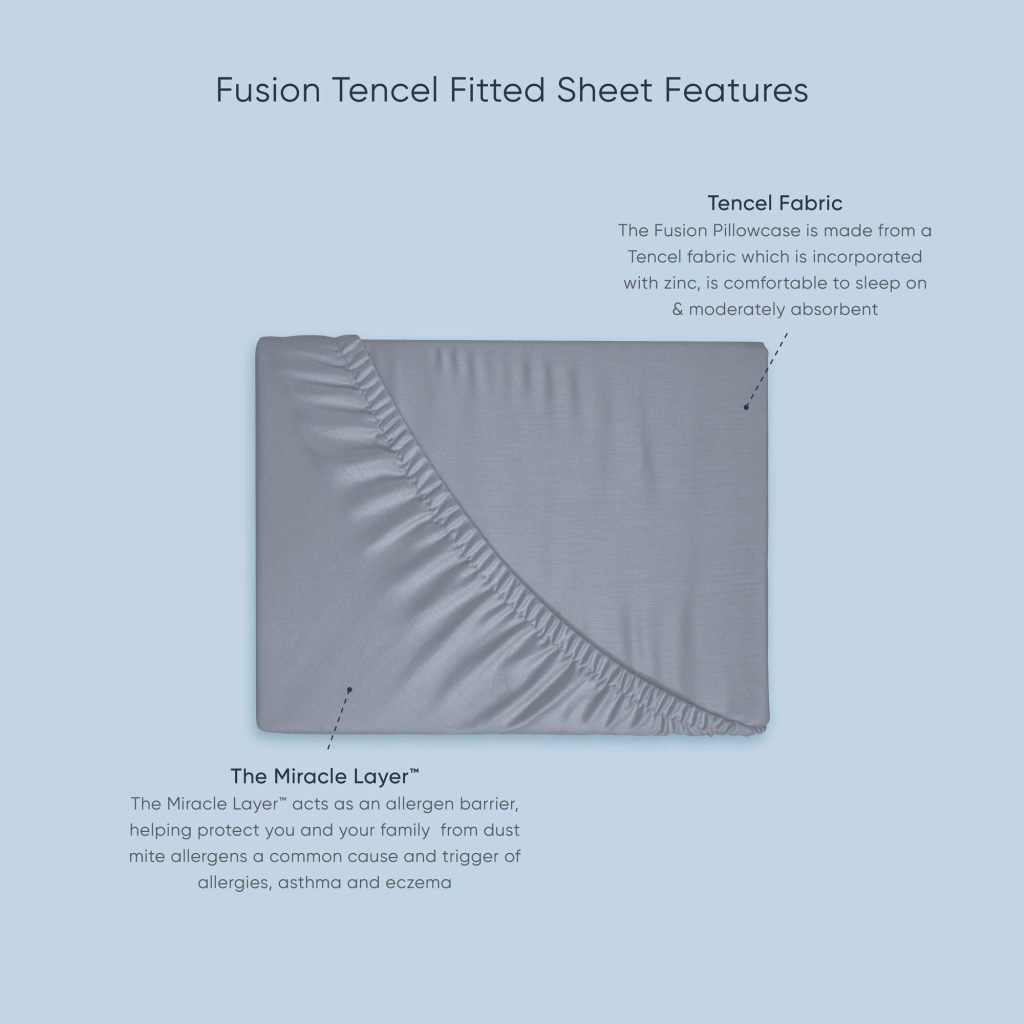
By integrating these waterproof solutions, supportive environmental modifications, and daily management practices, individuals and caregivers can navigate incontinence with confidence and dignity. These measures not only facilitate a more comfortable and hygienic lifestyle but also foster a sense of normalcy and well-being for those affected. Support and Communication
Incontinence, a reality for many across various stages of life, presents not just a physical challenge but a deeply personal journey that touches on dignity, comfort, and the essence of care. As we've explored, addressing incontinence with both empathy and practical measures is not merely about managing a medical condition but about nurturing an environment of understanding, respect, and support.
The journey through incontinence, whether for oneself or a loved one, is one that calls for patience, compassion, and informed action.
The introduction of protective products such as the Buddies Waterproof Bed Pads, Fusion Tencel Pillowcase and Flat Bed Sheet, and Buddies Waterproof Chair Pads, alongside thoughtful home modifications and daily routines, underscores a commitment to maintaining dignity and promoting independence.
We encourage readers to see incontinence management not as a burden but as an opportunity to enhance the quality of life for those affected. It's about transforming a space into a sanctuary of comfort and security, where the worries of incontinence are met with preparedness and understanding. It’s about making every day a little easier, a little brighter, and a lot more dignified.
Your questions answered
It's less common, but yes, adults can also experience bedwetting. If this happens, it's important to see a healthcare provider.
 1
1 0
0It's common for children up to 7 years old to wet the bed. But if it continues or starts suddenly after this age, it's worth discussing with your doctor.
 1
1 0
0There's no one-size-fits-all answer. It often involves a combination of strategies like bedwetting alarms, lifestyle changes, and sometimes medication. Make your kid part of the process explaining the situation, reducing the intake of water before going to bed, take them to the bathroom before sleeping, and reinforce good outcomes in the morning after are some of the strategies you can follow to help your kid trough this learning stage.
 1
1 0
0

